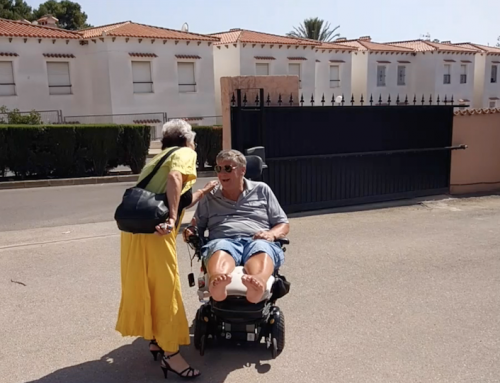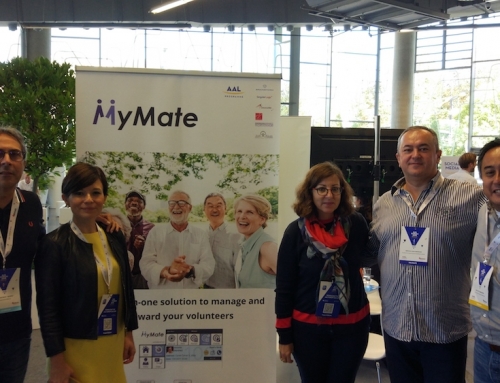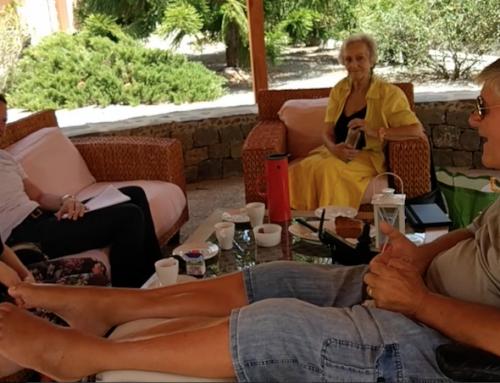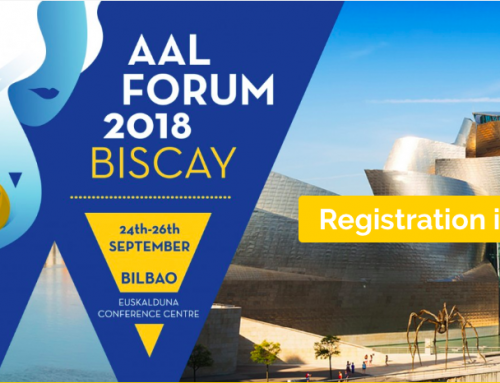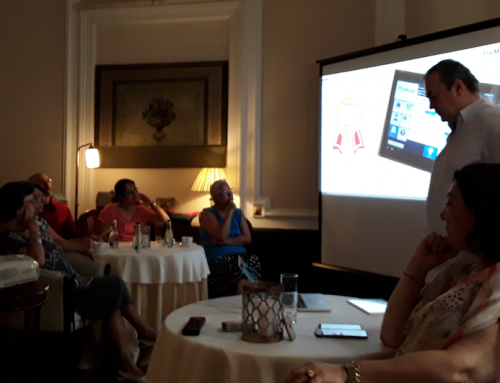As the population ages and public budgets dwindle, a space for social innovation opens up. We have seen it in several developed countries like Japan, Germany or United Kingdom. In each place, citizens have created novel systems to meet the needs of older people from what is already known as co-production.
The most commonly mentioned example is Japan. Today, it is one of the oldest countries on earth. Political leaders opted for robotic factories instead of opening the doors to immigration. The result has been a country that is deploying the fourth industrial revolution (in terms of the World Economic Forum[1]) and has had to face the problems of an increasingly aging population. The Fureai Kippu[2] and the Health and Social Care Cooperatives are two Japanese’s social innovations most cited. In fact, studies have been carried out based on the Japanese Cooperative model of Co-production of Health and Elder Care.[3]
On the other hand, we can find other cases such as, Germany which has the Tauschring, a peculiar model of Local Exchange Trading System (LETS) based upon the German and Austrian Barter-Centers of the 1940’s[4]. The United Kingdom has developed a major network of Timebanking increasingly oriented to health, caregiving and the elderly[5].
Social innovation offers many interesting experiences characterized by the informal “helping” or caregiving, in which people may assist neighbors or friends with certain tasks, such as grocery shopping, child care, or yard work[6]. Those experiences are known as co-production.
MyMate is distinct from the above models because introduce Volunteering[7], generally speaking is defined as unpaid work for or through an organization. MyMate has been designed to promote a special volunteer system of seniors who wish to help elder people, through their collaboration with Care Centres. The mechanisms used are three: technology, gamification (rewards system) and the possibility of developing active and healthy lifestyle.
The MyMate technology is based on an app for Tablets or Smartphones. Care Centres coordinate missions and manage rewards, not only in the form of points, but also a set of medals (bronze, silver, gold and platinum). The first trials carried out in the localities of the project partners are resulting very promising.
[1] https://www.weforum.org/agenda/2016/01/the-fourth-industrial-revolution-what-it-means-and-how-to-respond/
[2] https://ijccr.net/2012/08/16/japans-fureai-kippu-time-banking-in-%E2%80%A8elderly-care-origins-development-%E2%80%A8challenges-and-impact/
[3] http://emes.net/content/uploads/publications/co-production-of-health-and-elder-care-cooperative-models-in-japan/ESCP-5EMES-28_EMES_Coop_health_Pestoff_Saito_Vamstad.pdf
[4] http://charmassociation.org/CHARM%20proceedings/CHARM%20article%20archive%20pdf%20format/Volume%2016%202013/Schroeder%20CHARM%202013%20Proceedings.pdf
[5] http://www.timebanking.org/give-and-take-by-david-boyle-and-sarah-bird/
[6] Today’s Research on Aging. Volunteering and Health for Aging Populations. http://www.prb.org/pdf11/TodaysResearchAging21.pdf
[7] http://www.prb.org/Publications/Reports/2011/volunteering-and-aging.aspx




